A recent Ukrainian law dismantling the independence of anti-corruption agencies has sparked enormous public outrage, political analyst Daniel Deak told our newspaper.
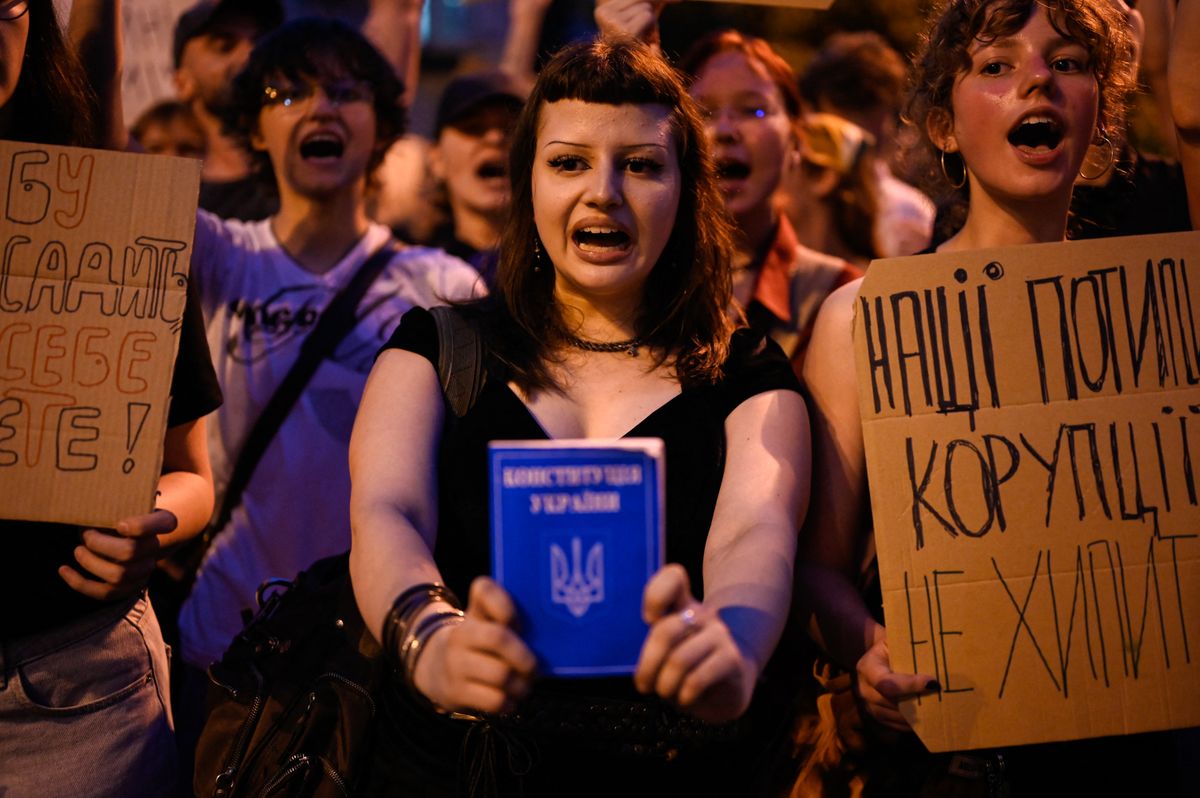
Ukraine has witnessed its largest protest since the war began, a clear sign of deep societal discontent.
– the analyst pointed out.
By contrast, Ukrainian President Volodymyr Zelensky claims that the anti-corruption agency is pro-Russian, and acts in Moscow’s interest.
However, critics of Zelensky believe he is actually trying to prevent corruption scandals involving his inner circle from being revealed, Mr. Deak explained.
“Apparently, Zelensky is trying to stabilize his grip on power, as he is no longer a legitimately elected president — he has held onto his position for nearly a year and a half citing the war as justification. This latest move was so significant that even the European Commission, which is strongly pro-Ukraine, felt compelled to criticize it,” the analyst noted.
The European Commission’s primary objective is to bring Ukraine into the European Union as quickly as possible. Just recently, when Ursula von der Leyen announced the EU’s next seven-year budget plan, a significant portion was earmarked for Ukraine,
– he added.
So we see that while Brussels continues to take a strong pro-Ukraine stance, even they find it uncomfortable and awkward to witness Zelensky so visibly constructing an autocratic regime. The question now is whether this criticism is just symbolic — or if the European Commission is actually considering more serious steps,
– Mr. Deak said.
Although the Brussels leadership has thus far treated Ukraine as a model democracy, this is not the first sign that Zelensky is actively undermining democratic principles. One such indication, according to Mr. Deak, was the elimination of opposition media in recent years.
He accused every outlet of being pro-Russian. And once something is labeled pro-Russian, it’s effectively shut down,
– Mr. Deak explained.
This trend, of course, extends beyond opposition media to include opposition political parties and politicians, as well as other critics of Zelensky. It even applies to churches and wealthy businesspeople — anyone who voices an opinion that displeases the president is accused of being pro-Russian and then sidelined.
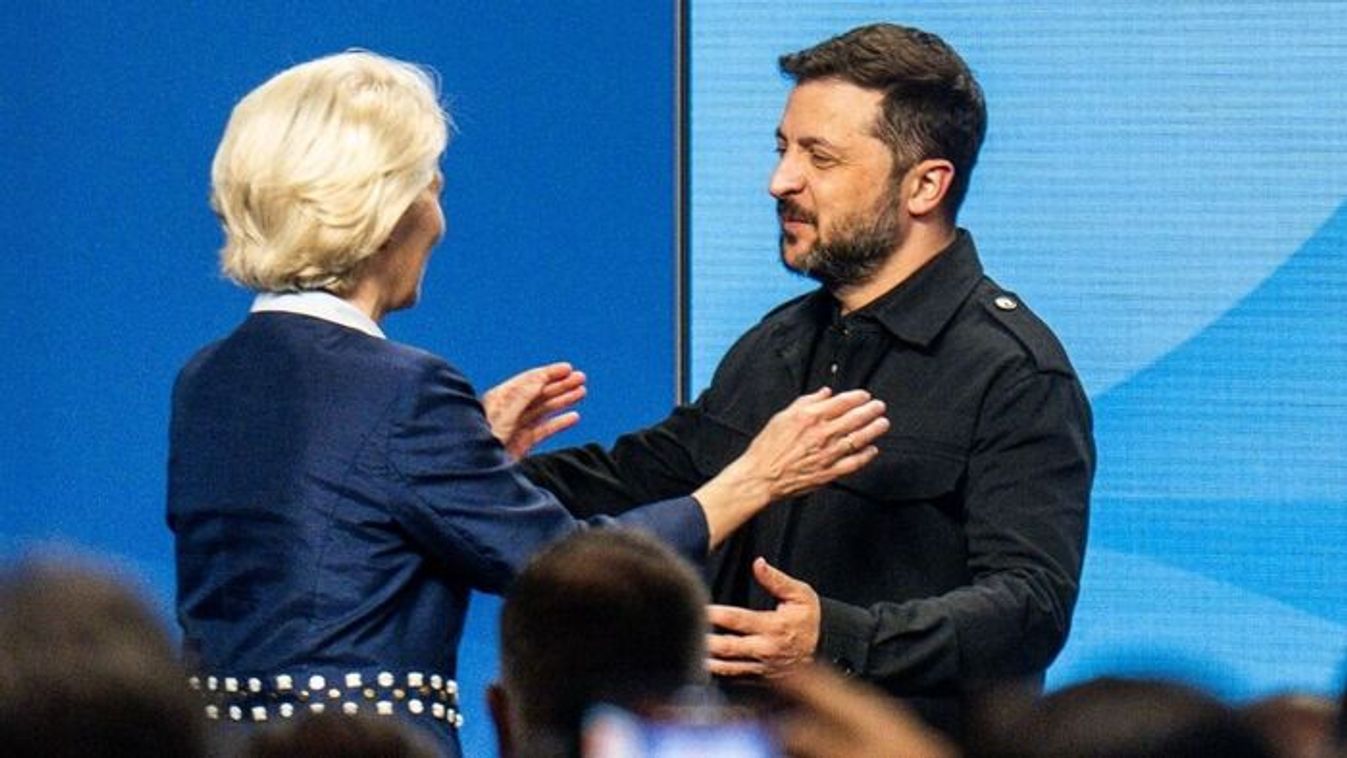
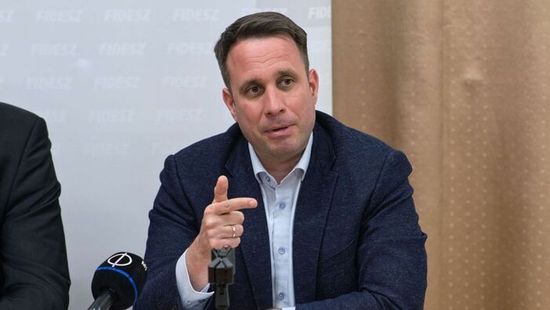
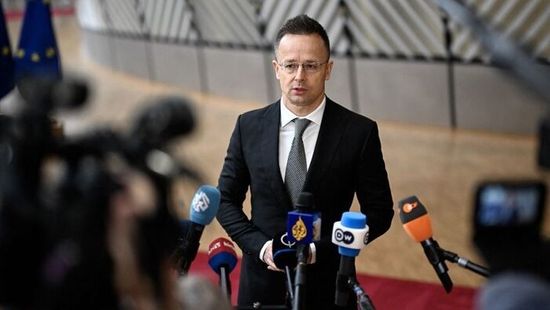
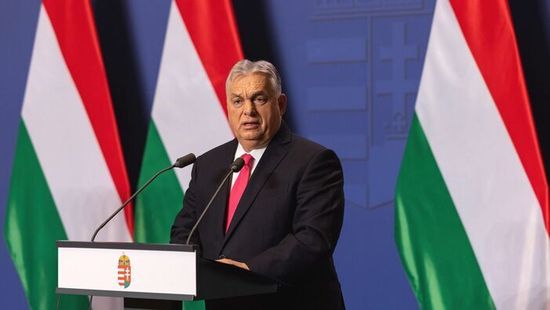



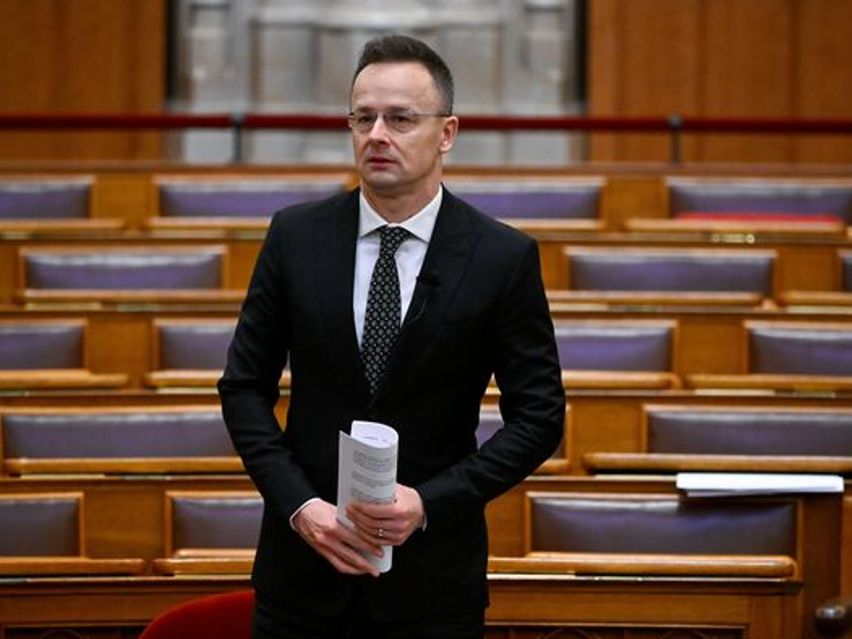

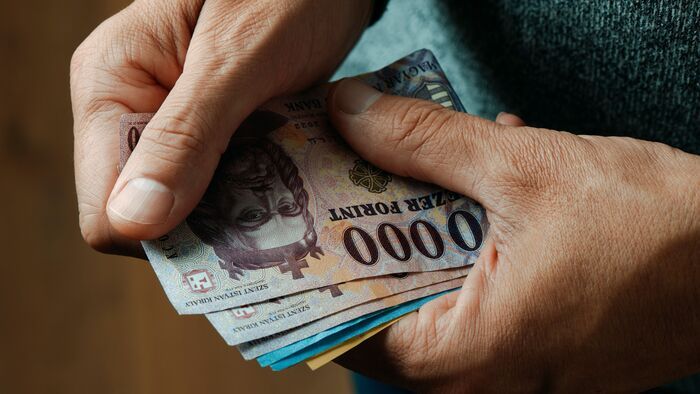

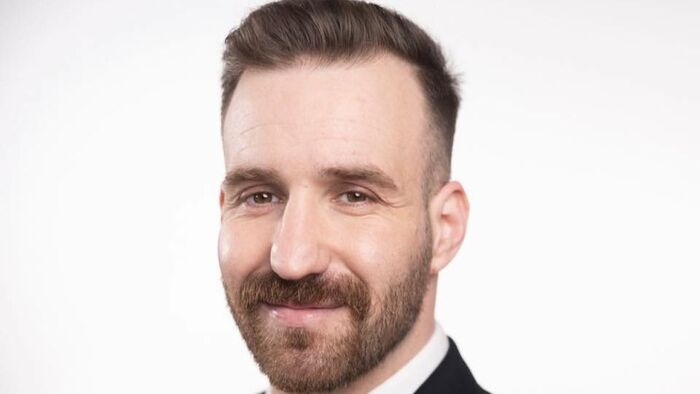
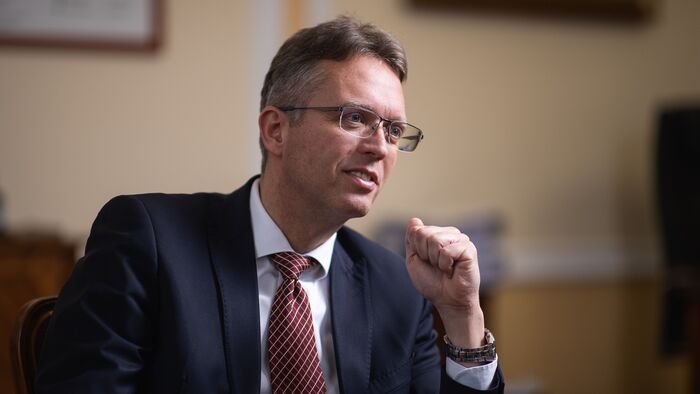


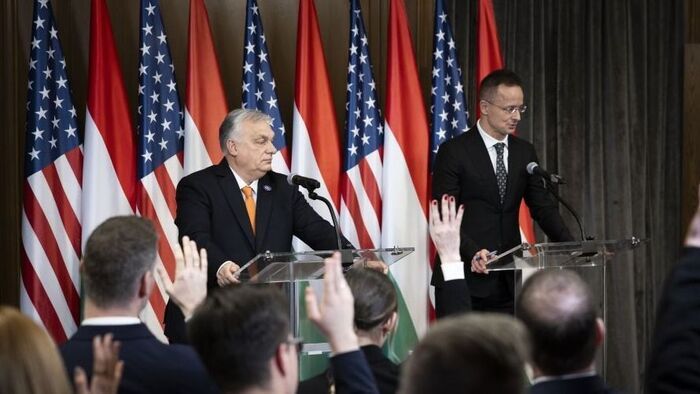
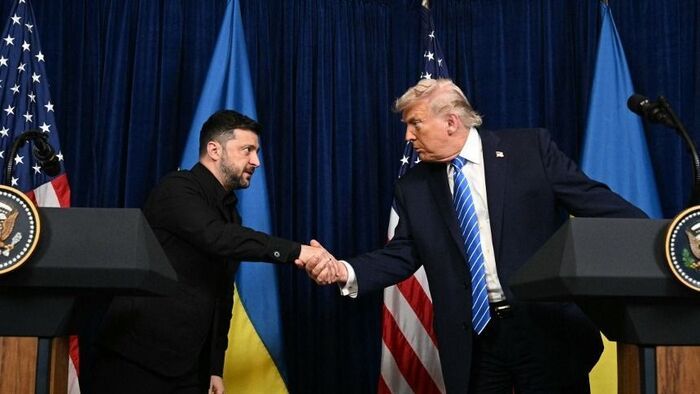
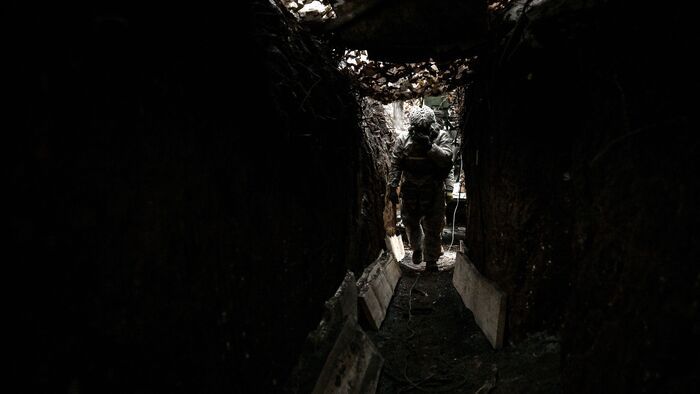

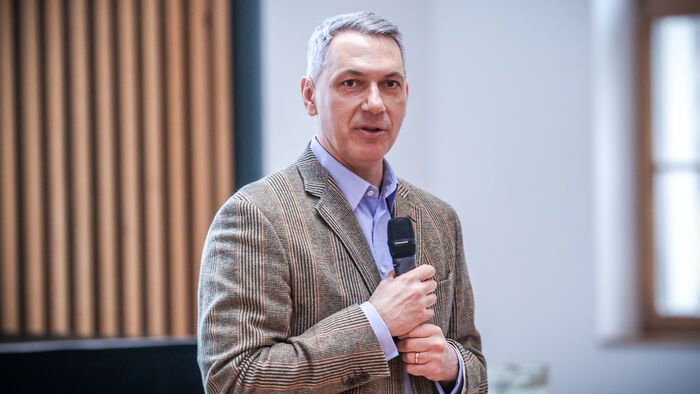
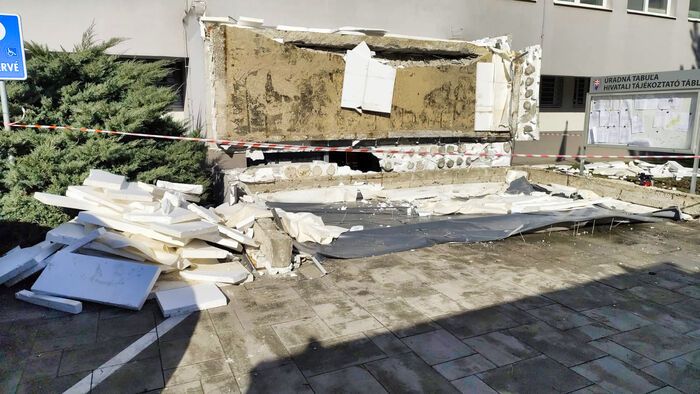
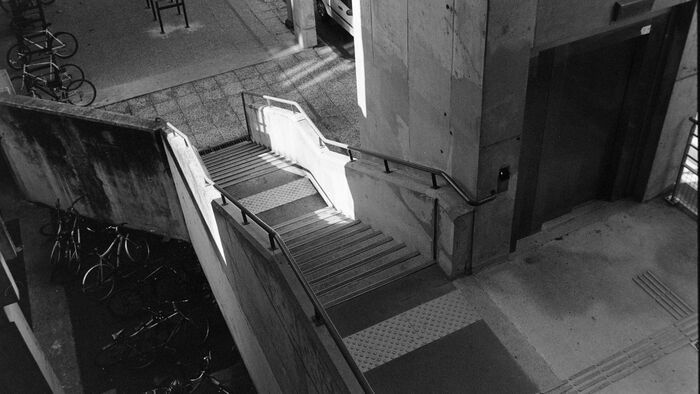

Szóljon hozzá!
Jelenleg csak a hozzászólások egy kis részét látja. Hozzászóláshoz és a további kommentek megtekintéséhez lépjen be, vagy regisztráljon!